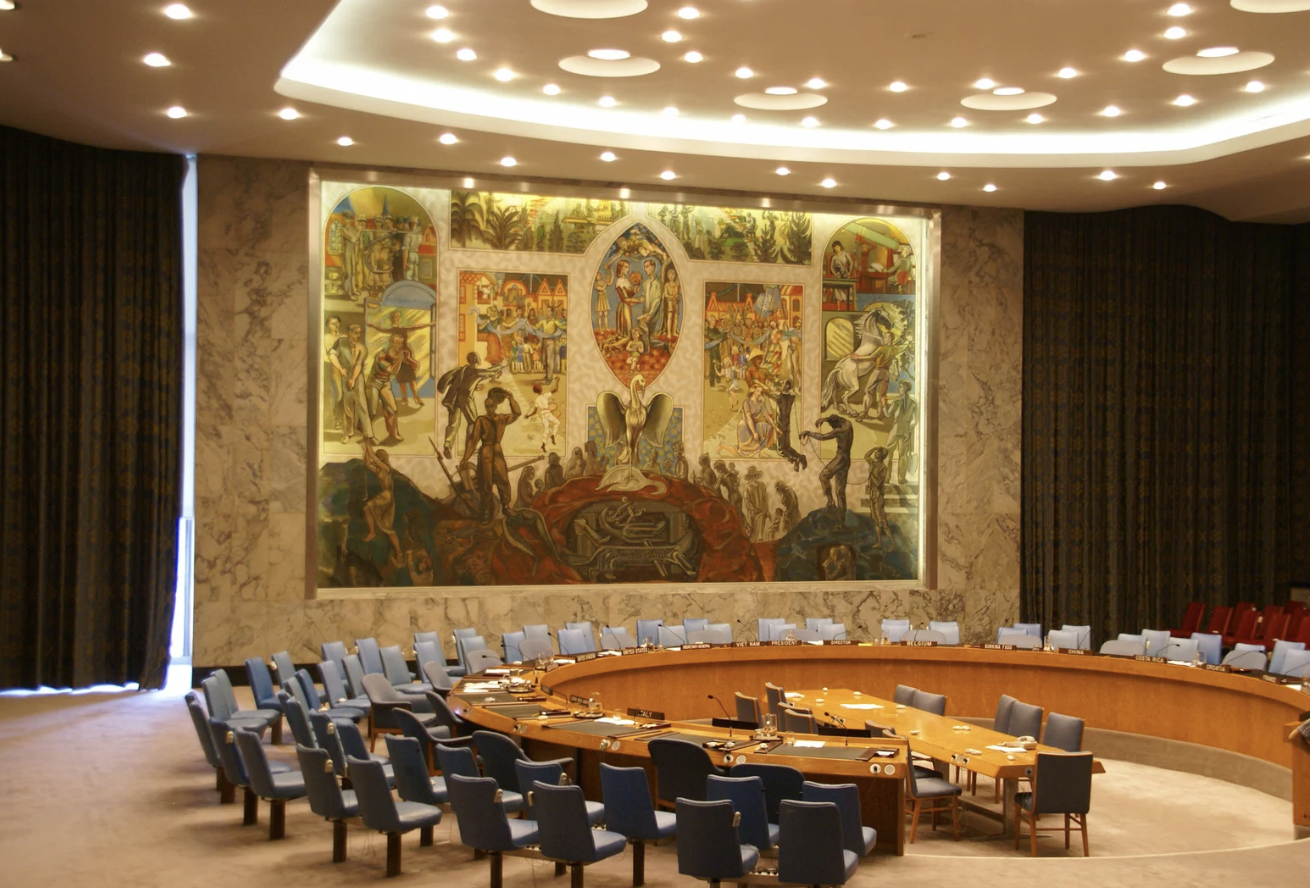Anúncios
Economies that benefit people and the earth are our destination according to the Sustainable Development Goals
Overall, economies are guided by governments. That being said, millions of individual deeds also matter. Take action for a more equitable economy the next time you shop, vote, or simply do a chore around the home.
Give to worthy causes
There are a lot of groups out there that try to lift people out of poverty, from food banks to programs that teach them how to find work. Make a charitable donation to your chosen charity. You may provide monetary donations in addition to your time, clothing, books, food, and other necessities. The $550 billion in global charity in 2022 is a pitiful fraction of the world’s GDP. The COVID-19 epidemic was a time of heightened generosity. The tendency of people helping each other out will undoubtedly continue.
Encourage and guide youth
Positive life changes may occur when a mentor is around to listen, share experiences, or both. Take a few hours out of your week or month to guide and advise a coworker or younger person. Many individuals benefit from mentoring relationships, which aid in goal-setting, self-confidence, and information acquisition. For young individuals entering adulthood and grappling with big decisions like where to work and whether to establish a family, it may be a gamechanger.
Speak up for improved employment
One may take a position for better work in a variety of ways: by voting, by joining a union, by advocating for economic justice, by becoming a union member, or by starting a union. For more than half of the world’s workforce, low-wage, low-quality jobs are the standard. People fail to escape poverty even when they make tremendous attempts to do so. All things considered, society is still far from egalitarian and not nearly as productive as it might be.
Pay reasonable salaries and tips
The next time you pay someone to do something, or leave a tip, that’s your opportunity to do your part for a healthier economy. Do not cut corners; everyone deserves a decent salary. The wealth gap has widened to unprecedented proportions, with 76% of the world’s wealth held by the wealthiest 10% of the population. Two percent goes to the lowest half. Every little amount helps create economies that are more equitable and inclusive, so don’t be discouraged if you don’t have a billion dollars.
Support companies that value their employees by buying from them
The majority of workers are employed by private companies, both big and small. Good labor practices, such as fair pay for equal work or sufficient paid leave, start with employers. Give some consideration to the companies whose products or services you purchase. Find out what current and former workers have to say about the company by talking to them or looking for reviews online. Inquire as to whether or not companies have publicly pledged to follow through on their promises of fair work standards. Support businesses that can prove they are nice people by purchasing their products and services.
Opt for fair-trade goods.
Make informed purchasing decisions by learning about the origins and production processes of the products you purchase. A variety of fair-trade certifications attest to the fact that manufacturing does not harm either workers’ or the environment in any way. You may aid those in less fortunate nations and contribute to a more equitable global economy by engaging in fair trade.
Make your vacation more eco-friendly
Options that adhere to sustainability norms, such as protecting ecosystems and minimizing waste, should be prioritized now that tourism is increasing following the epidemic. Seek for vacations where you can help local communities economically while also protecting natural areas and historical landmarks. Over two-thirds of travelers now express a desire to explore the globe responsibly, so you certainly won’t be lonely. The ecotourism industry is now worth over $1 billion worldwide.
Come and be a part of the sustainable economy
You may give your old clothing, broken devices, and scrap metal a second chance at life by reusing and recycling instead of throwing them away. The removal of natural resources and environmental stresses caused by trash cans can be mitigated via recycling and reusing items. Urgent measures must be taken. Worldwide, raw material extraction is now exceeding 100 billion tons per year, with demand for natural resources outstripping supply by a ratio of 1.75. Reuse accounts for just 8.6% of all materials utilized.
Build using eco-friendly materials.
Create a sustainable haven in your own house. Verify the materials’ eco-friendliness the next time you’re planning a construction job, even a little repair. The harvesting of some types of wood is more environmentally friendly than others. Straw, wool, and even old jeans may be used as eco-friendly insulation. Look for ways to repurpose materials you already have on hand; for example, refinishing a wood floor rather than replacing it is one example. A third of all garbage comes from buildings and construction sites, while over 40% of carbon dioxide emissions from energy production come from these same sources.
Take care of what’s right at home
Who does the cooking, cleaning, and dropping off of the children at school? The majority of the world’s unpaid caregivers are women. This unjust distribution makes it harder for them to do things like go to school, get a job, or even take a vacation. Discuss who can do what and how to find a better balance if you aren’t pitching in.




